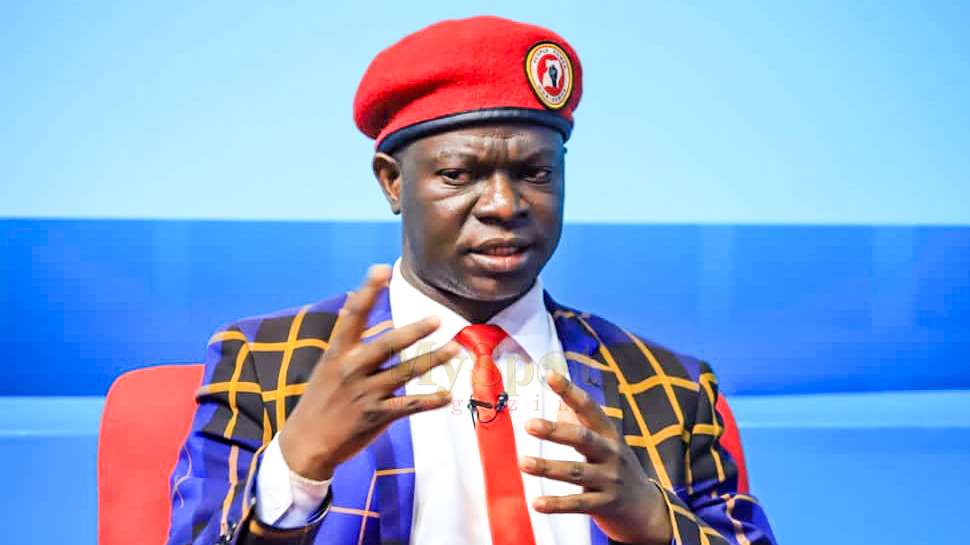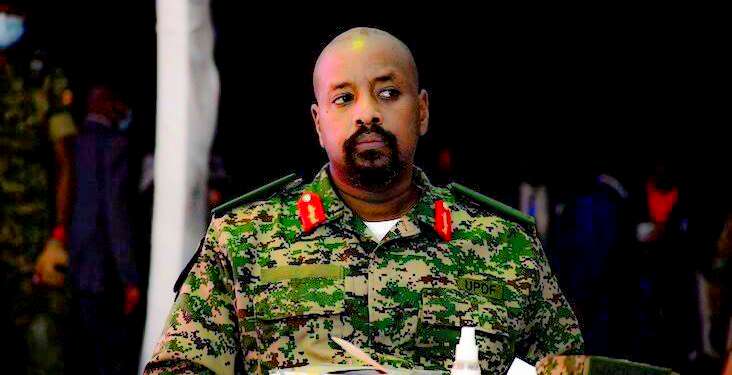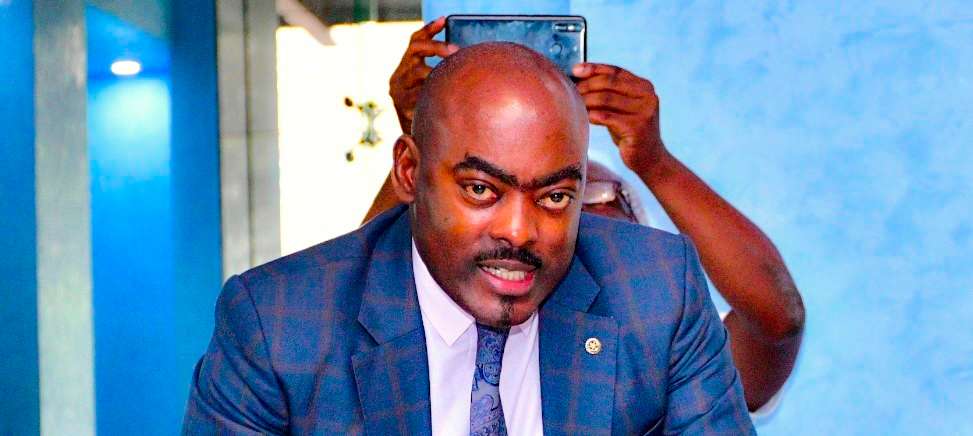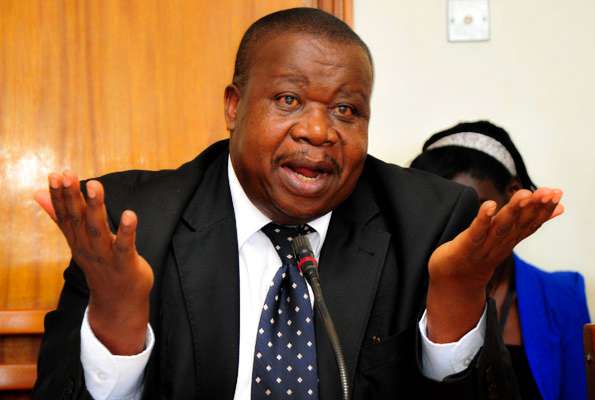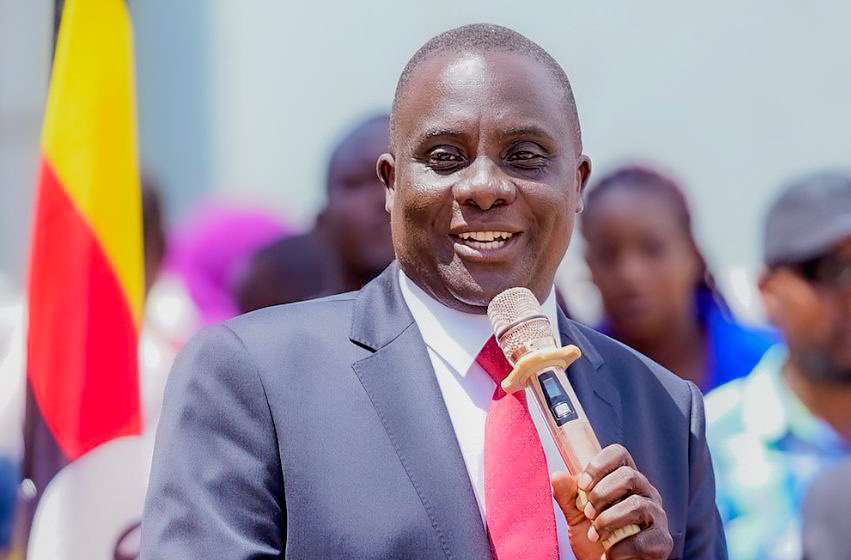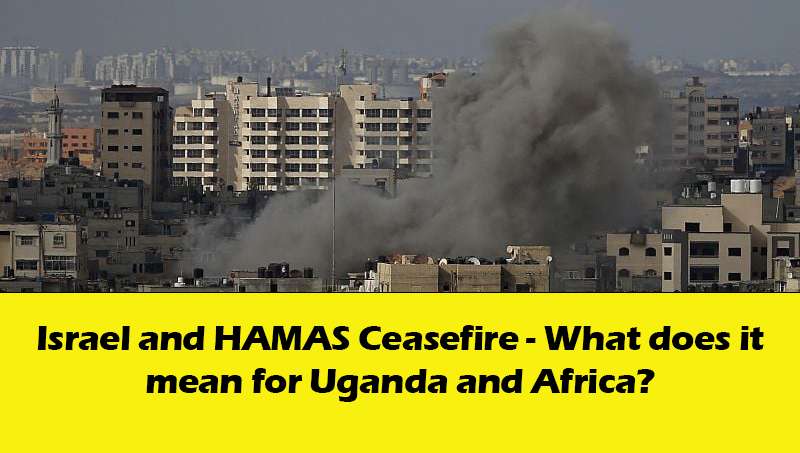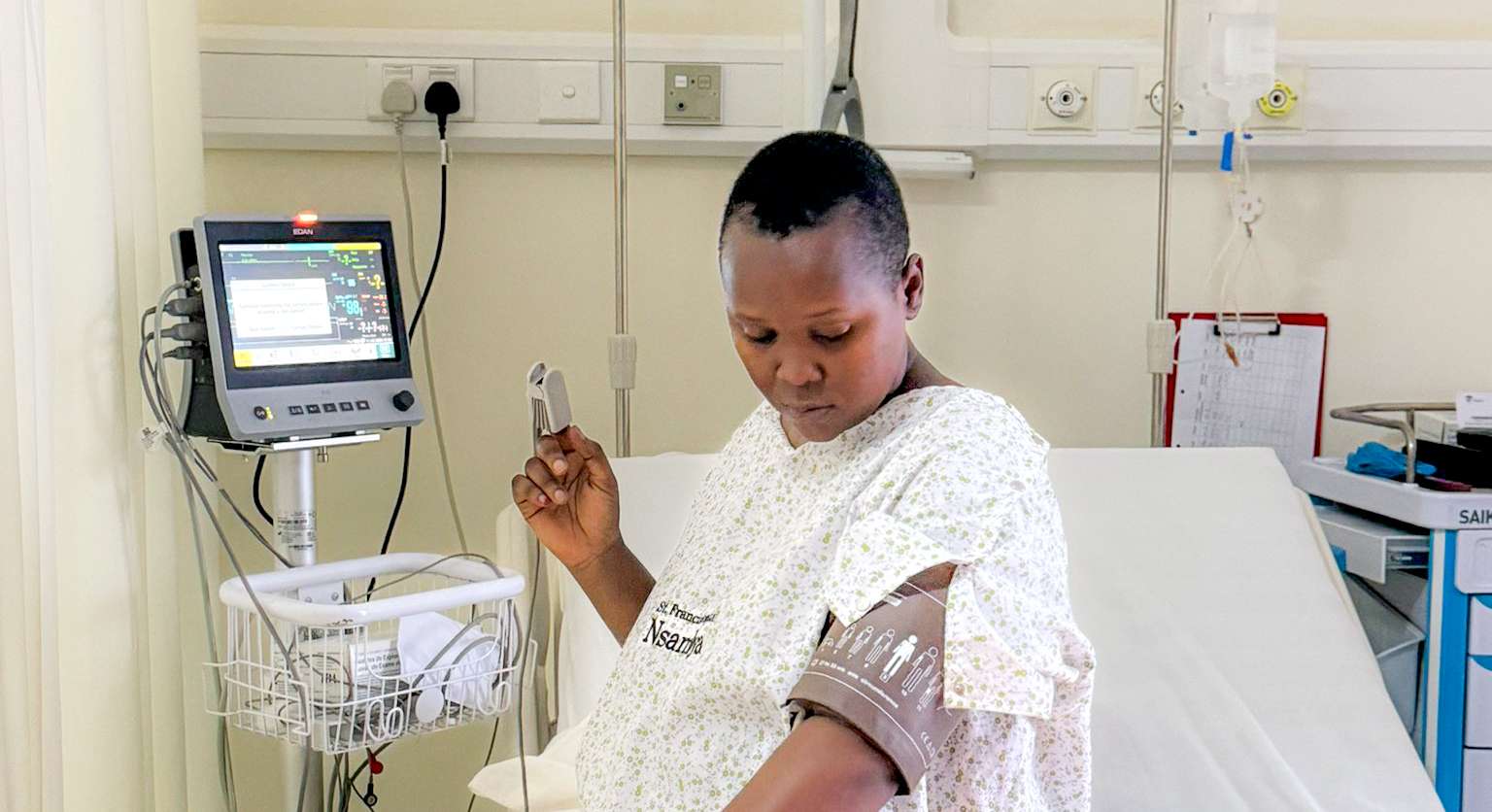Politics
Uganda Political Turmoil - The Abduction of Dr Kizza Besigye’s Lawyer Kiiza Eron Spark Outrage
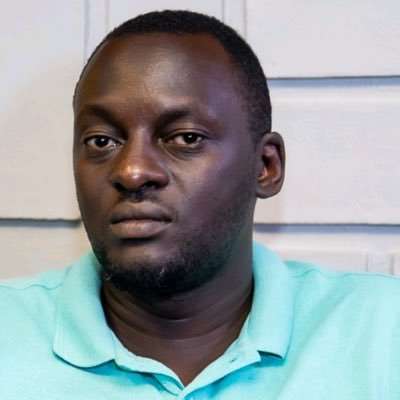
In a shocking turn of events that has sent ripples through both local and international communities, the recent abduction of prominent Ugandan opposition leader Dr Kizza Besigye has sparked widespread outrage and reignited fears regarding human rights and the rule of law in Uganda. Besigye’s dramatic capture in Kenya and the subsequent treatment of his lawyer, Eron Kiiza, have raised serious questions about the Ugandan government's commitment to democratic principles.
On November 16, 2024, Dr. Kizza Besigye, a veteran political figure and four-time presidential candidate, was reportedly forcibly taken from Nairobi, Kenya, where he had travelled to attend a book launch for fellow politician Martha Karua. His wife, Winnie Byanyima, revealed that unidentified individuals abducted him and later detained him in a Ugandan military prison. The Kenyan government denied involvement, asserting that it did not know of Besigye’s alleged arrest, while Ugandan officials claimed they had informed their Kenyan counterparts.
Just days after his abduction, on November 20, Dr Besigye faced a military court in Kampala. He was charged with possessing an illegal firearm and attempting to solicit military support to destabilise Uganda’s defence forces. Besigye, known for his long-standing opposition to President Yoweri Museveni’s regime, pleaded not guilty and was subsequently remanded to Luzira Maximum Security Prison.
Compounding the crisis, Dr Besigye’s lawyer, Eron Kiiza, was arrested on January 7, 2025, during a court session at the General Court Martial. Reports indicate that Kiiza was confronted by military personnel who attempted to block him from joining the defence team on the bench. Witnesses described a chaotic scene where Kiiza was manhandled and detained before being sentenced to nine months in prison for contempt of court – a decision made without formal charges.
The arrest and sentencing of Kiiza led to a notable boycott by multiple defence team members, including prominent figures like Martha Karua and Kampala Mayor Erias Lukwago. They cited grave violations of legal rights and due process, emphasizing the unjust treatment that has plagued the legal proceedings surrounding Dr. Besigye.
These events have provoked a wave of condemnation from both the Ugandan public and international observers, many of whom view the abduction of Besigye and the treatment of his lawyer as gross violations of constitutional rights. Amnesty International characterized the incident as indicative of a “growing trend of transnational repression,” where governments increasingly infringe upon human rights beyond their borders.
Critics are alarmed that such actions against political dissenters like Besigye and Kiiza signal an escalating crackdown on democracy and freedom of expression in Uganda. The future of human rights and the rule of law hang in the balance, raising urgent calls for accountability from the international community.
Human rights advocates emphasize the need for immediate action, urging global stakeholders to advocate for the release of both Besigye and Kiiza while ensuring the safety of legal professionals and opposition figures in Uganda.
As this saga continues to unfold, the eyes of the world remain fixed on Uganda, awaiting decisive action against what many perceive as systematic efforts to silence dissent and undermine the democratic process. Uganda stands at a crossroads, with the legacy of its political leaders at stake in the face of public outcry for justice and accountability.

